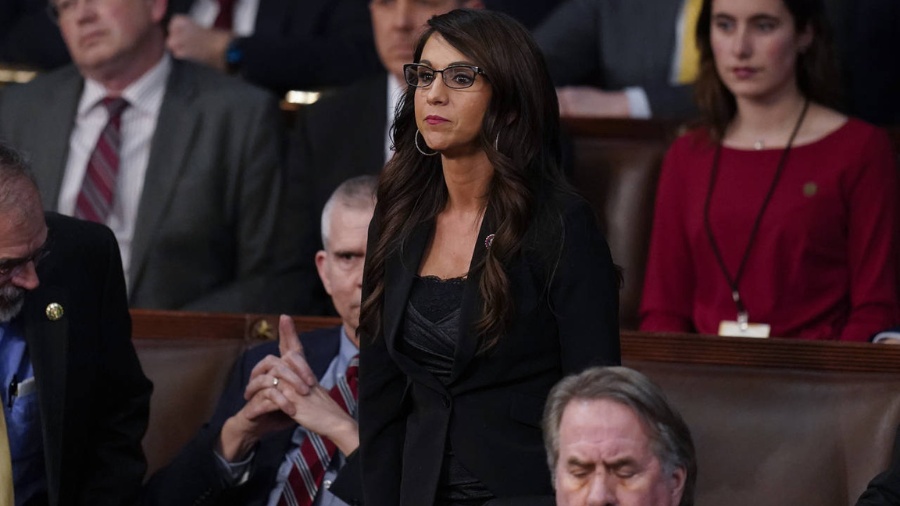Ross: Why your brain doesn’t feel safe around political debates
Jan 15, 2020, 8:21 AM

Tuesday's Democratic debate. (AP Photo/Patrick Semansky)
(AP Photo/Patrick Semansky)
I was talking with Kate Murphy about her book titled, You’re Not Listening, and I thought this title captures the number one complaint about political debates.
Ross: When running a country like a business goes wrong
Everybody is talking past each other. Voters aren’t really looking for new ideas, they’re just looking for the candidate who lines up with what they already believe. So the candidate’s job is not to change minds, but just to motivate their supporters to show up.
But why is it so hard to get people to genuinely listen to an idea they don’t agree with? Kate says it’s biology.
“You can actually see it in the neuroscience where they’ve put speakers and listeners together and measure their brainwaves,” she described.
Yes – when two people are actively trying to learn something about each other in a conversation, their brain waves actually sync up. They are literally on the same wavelength.
But when you sense a challenge to a deeply-held belief, the research shows the brain waves instantly change.
Do we have to accept new definition of ‘OK’ symbol?
“And it was the same brain pattern that they would have as if they were being chased by a bear, like it was an existential threat,” said Kate.
That explains why it’s so tough to change minds. It maybe even explains why there’s always focus on gun rights during campaign years – your animal brain is telling you it’s not safe out there with all those alien ideas leaping out of the TV trying to attack you.
Maybe it’s the TV that belongs in the gun safe.
Listen to the Seattle’s Morning News weekday mornings from 5-9 a.m. on KIRO Radio, 97.3 FM. Subscribe to the podcast here.














